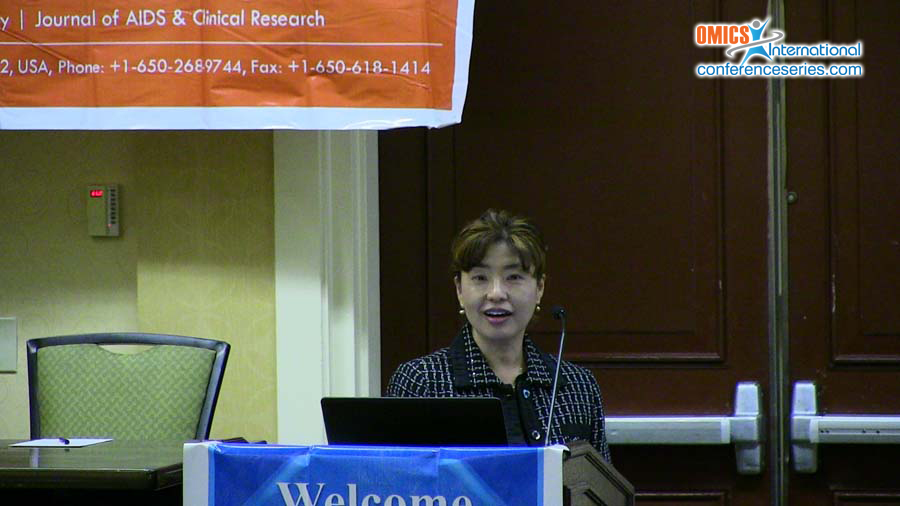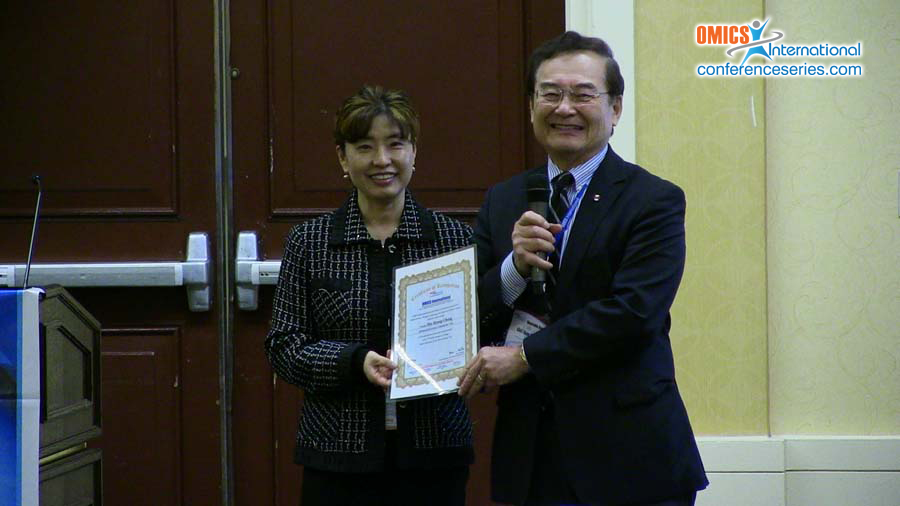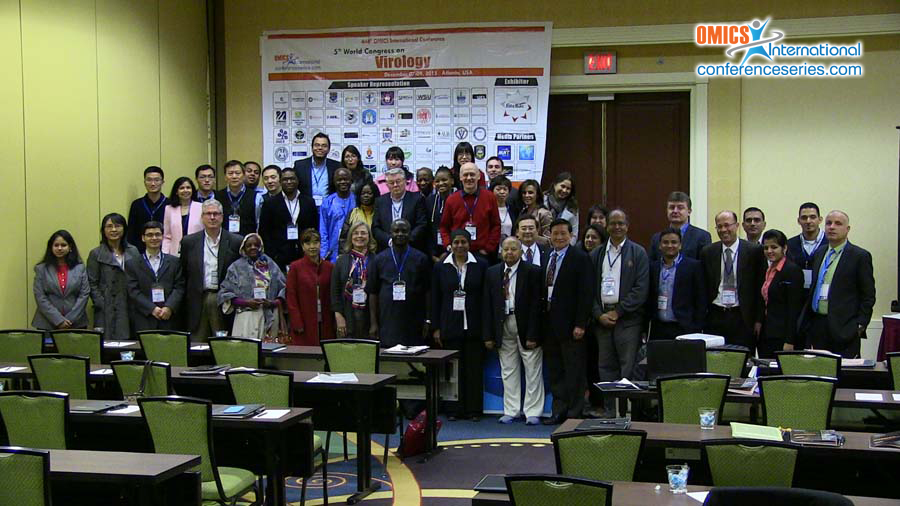
Hye Kyung Chung
Advanced BioScience Laboratories,USA
Title: Transcription Profiling of CD4+ T Cells in Rhesus Macaques Infected with Simian-Human Immunodeficiency Virus and Re-challenged with SIVmac251
Biography
Biography: Hye Kyung Chung
Abstract
We previously identified distinct gene expression profiles in peripheral blood mononuclear cells of viral controllers versus non-controllers. To further define the molecular mechanisms of protective innate and adaptive immune responses elicited by heterologous challenge, we re-challenged SHIV-infected macaques that had undetectable levels of viremia with SIV mac251, and compared the gene expression profiles of different infection outcomes. MHC-1 protective alleles contributed in part to limit viral replication, although the control of virus by adaptive immunity could not be ruled out. Plasma viral RNA load was markedly controlled in four of the challenged animals at the set point (protectors), conversely two animals had persistent high viremia throughout the monitoring period of 160 days (non-protectors). Analysis of the cellular gene expression profiles in the CD4+ T cells at early time points from all tested animals revealed distinct gene expression signatures between protectors and non-protectors. Using the Local-Pooled-Error test specifically designed for analyzing gene expression data with a small sample size, eight genes (MX1, MX2, IFI27, JAK2, LMO2, TYROBP, ‘FCN1, and S100A9) were identified as potential protective biomarkers, after adjusting for the large number of false positives from the high throughput gene expression data analysis. Pathway analyses revealed that these 8 genes are associated with the IFN pathway, and are down-regulated in protectors compared to non-protectors. This study suggests that high level expression of type 1 IFN-related genes may paradoxically promote virus replication.



